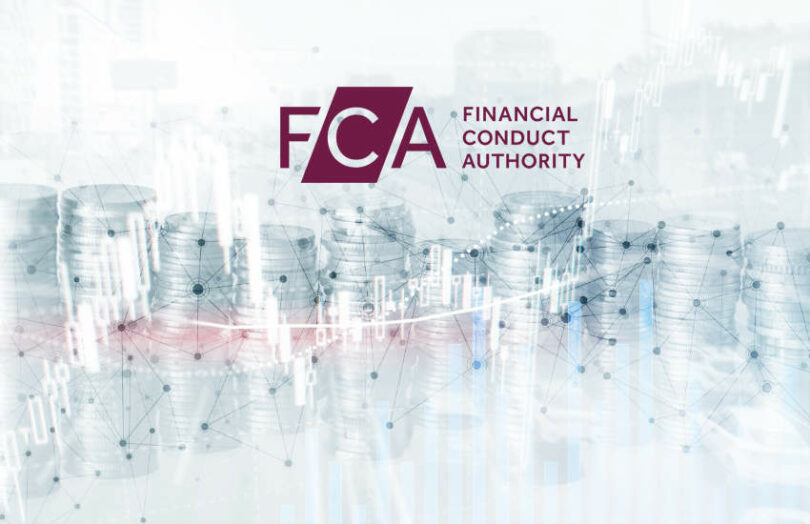In February, the UK’s Financial Conduct Authority (FCA) published a discussion paper on improving asset management in the UK, dedicating a section to tokenization. It’s keen to assess whether the tokenization of fund units is a high priority and whether they should consider amending regulations. Responses are requested by May 22.
The FCA paper explored three aspects of tokenization: tokenizing the fund’s units, a fund investing in tokenized securities, and whether or not funds can invest in crypto-assets.
On the latter point, crypto-assets are currently not permitted assets that an authorized fund can hold. The FCA noted that the government is conducting a crypto-asset consultation, and hence the FCA is not currently planning to consider the topic.
Fund tokenization in the UK
Regarding tokenizing fund units, the paper acknowledges the potential efficiencies of issuing fund units via a distributed ledger (DLT) which becomes the primary immutable ledger of ownership. However, it notes that it’s “assuming the ledger accurately reflects ownership at the time the record is created.” Advantages include cost savings, speedier transactons and fewer administrative errors.
In July 2022, the UK’s Investment Association (IA) called for the FCA to create a framework to support tokenized funds. There’s already been interest from international asset managers such as KKR, Apollo Global and Hamilton Lane. But there’s also been considerable UK activity.
Carlyle-owned fund distribution platform Calastone was one of the first to go live with blockchain for part of its backend infrastructure. Apex bought UK-based FundAdminChain last year and has extended its interest in the sector. And Abrdn has made multiple investments, including in digital assets firm Archax and public DLT Hedera.
The FCA acknowledges that current rules might not be sufficiently flexible to accommodate a blockchain register and hence is already exploring changes. It wants to consider new risks, such as operational resilience. What it’s unclear about is the level of interest in fund tokenization in the short to medium term. So it’s keen for input about what priority this work should be given.
It also hinted at a potential path forward. It envisages there might first be wholesale use cases where DLT is used by intermediate unit holders such as institutions or retail investment platform providers. Once that’s proven ‘longer term’ some private retail investors could hold tokenized fund units.
Holding tokenized assets in the portfolio
In addition to tokenizing the fund itself, some asset managers might be interested in holding tokenized securities as part of their portfolios. The FCA wants to explore the impact on custodians and differentiating between regulated and unregulated activities.
On the whole, it’s supportive of tokenized portfolio assets because one of its most recent initiatives has been to encourage long term asset funds (LTAF), including for real estate and infrastructure projects. Last week saw the issuance of the first fund under its new regime. The challenge of LTAFs is the mismatch between long term investment horizons and unit holders wanting their money back. Longer redemption notice periods only partly address this. Tokenization could help if it creates a more liquid market in the units and the tokens are easier to transfer.






